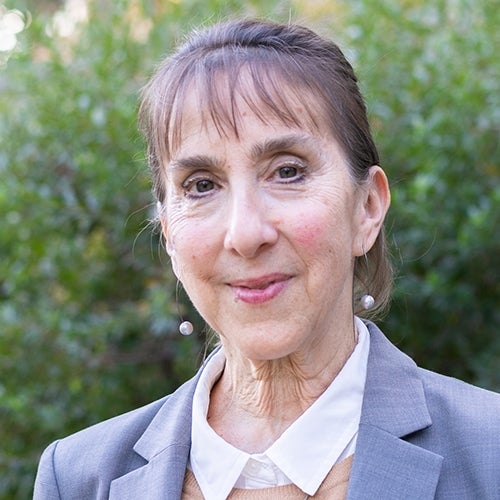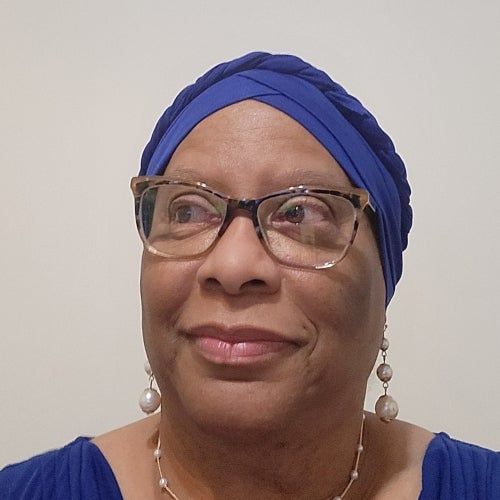"How to treat COVID at home: Over-the-counter medications can help"
Scientific American interviewed Dr. Timothy Brewer, UCLA Fielding School of Public Health professor of epidemiology, about self-care for COVID-19.

Suzanne Myers was sick, concerned and a little confused. Myers, a 55-year-old who lives in Brooklyn, N.Y., and her husband are both vaccinated and boosted against COVID, and in early spring they went to a weekend party with about 20 other people at the home of friends. On the Monday morning after the party, Myers woke up with a sore throat.
“I thought maybe it was spring allergies,” she says. “Then I thought I should test.” Her first at-home COVID test was negative. But by Wednesday, she felt worse—in addition to a sore throat and congestion, she had a bad headache. She tested herself again and was positive.
Myers had questions about how to take care of herself. She wondered if over-the-counter (OTC) cold medicine would help. Because she has type 1 diabetes, an added risk factor for severe COVID, she wanted to know if she should try to get a prescription antiviral. There are more and more people with such questions as case numbers and test positivity rates climb again. The situation is leaving thousands at home as they try to figure out how best to get themselves over an illness that could be moderate but could also take a serious turn and that has killed about one million Americans.
Faculty Referenced by this Article

Dr. Joseph Davey is an infectious disease epidemiologist with over 20 years' experience leading research on HIV/STI services for women and children.

Robert J. Kim-Farley, MD, MPH, is a Professor-in-Residence with joint appointments in the Departments of Epidemiology and Community Health Sciences

Dr. Anne Rimoin is a Professor of Epidemiology and holds the Gordon–Levin Endowed Chair in Infectious Diseases and Public Health.




















































